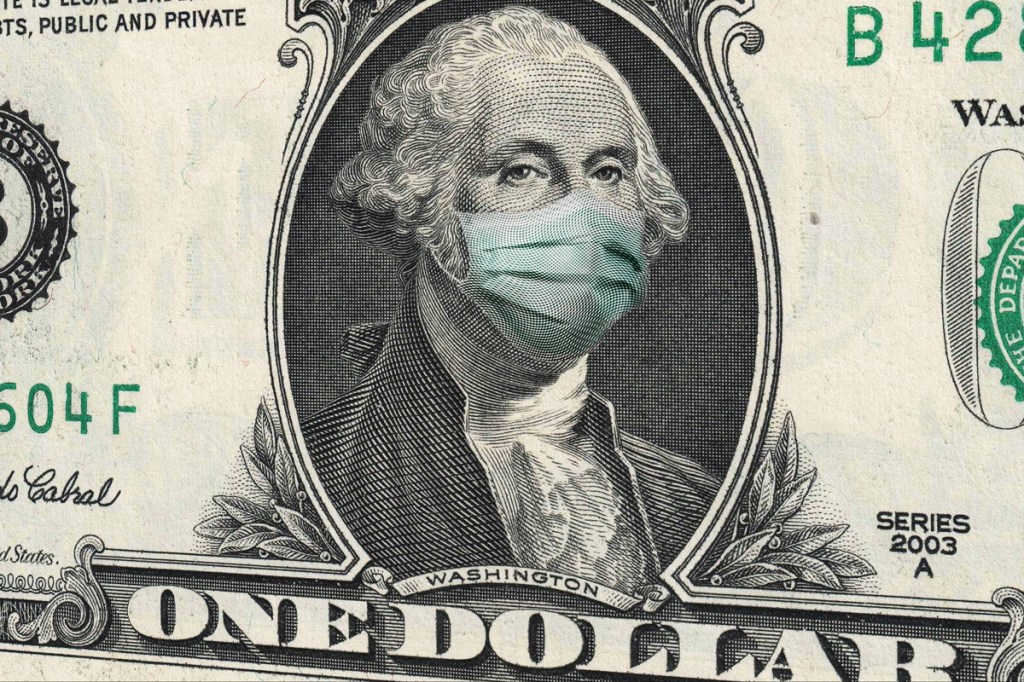Almost 80% of economists say there’s at least a one-in-four chance of a double-dip recession, following a record 32.9% plunge in GDP in the second quarter, according to a survey released on Monday from the National Association for Business Economics.
About 40% of respondents rate the COVID-19 response from Congress as “insufficient” and 37% said it’s “adequate,” according to the survey that summarized the opinions of 235 members and was conducted between late July and early August.
“The panel is split in its view on Congress’s fiscal response to the recession,” said NABE President Constance Hunter, who is KPMG’s chief economist. “Nearly three out of four panelists believe the optimal size for the next fiscal package to be $1 trillion or greater, compared to 17% who favor a smaller package.”
The Senate adjourned on Aug. 10 without coming up with its version of the COVID-19 relief packaged passed by the House of Representatives in May, and it isn’t scheduled to be back in session until Sept. 7. Speaker Nancy Pelosi (D-CA) called members of the House of Representatives back to Washington on Saturday to vote on a bill to provide aid to the U.S. Post Office.
About 45% of the economists in the NABE survey said U.S. fiscal policy is “too restrictive,” with another 37% suggesting it is “about right.”
Asked about the record-level of federal debt, which now stands at $23.2 trillion, 56% of economists said budget deficits should not be a concern during a recession, and 13% said they were not worried about debt in a low interest-rate environment. About 51% supported enacting structural policies to support stronger economic growth, 22% wanted greater spending restraint, while 19% would increase tax revenues.
More than 75% of panelists said the Federal Reserve monetary policy is currently “about right,” the highest approval level since 2007.
Nearly 60% expect the federal funds rate range to remain unchanged at near-zero through 2021. Most expect that the central bank’s benchmark rate will be higher by the end of 2022 but still within 100 basis points of where it is currently.







